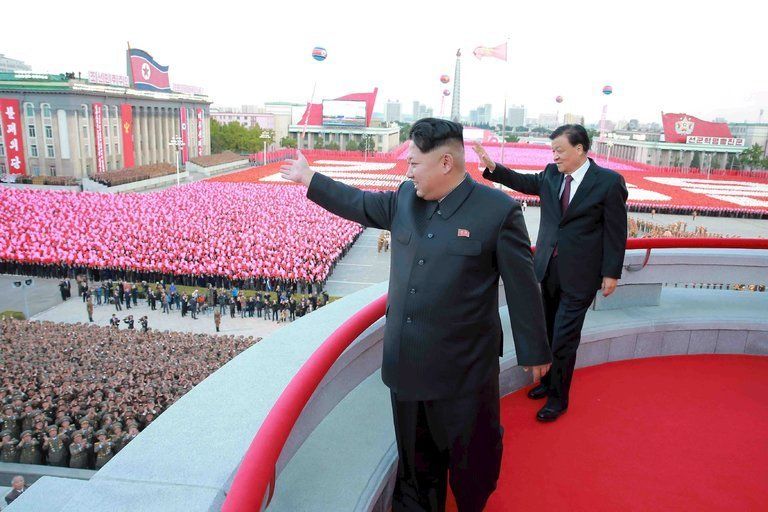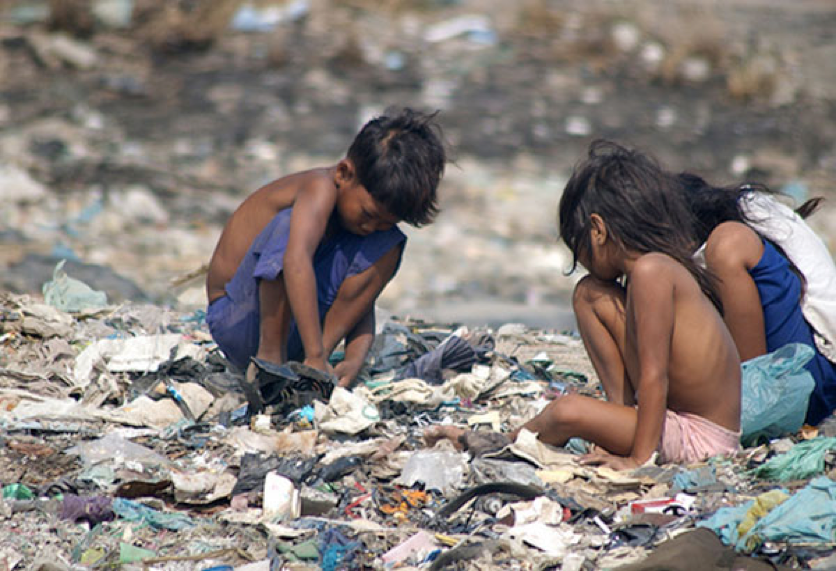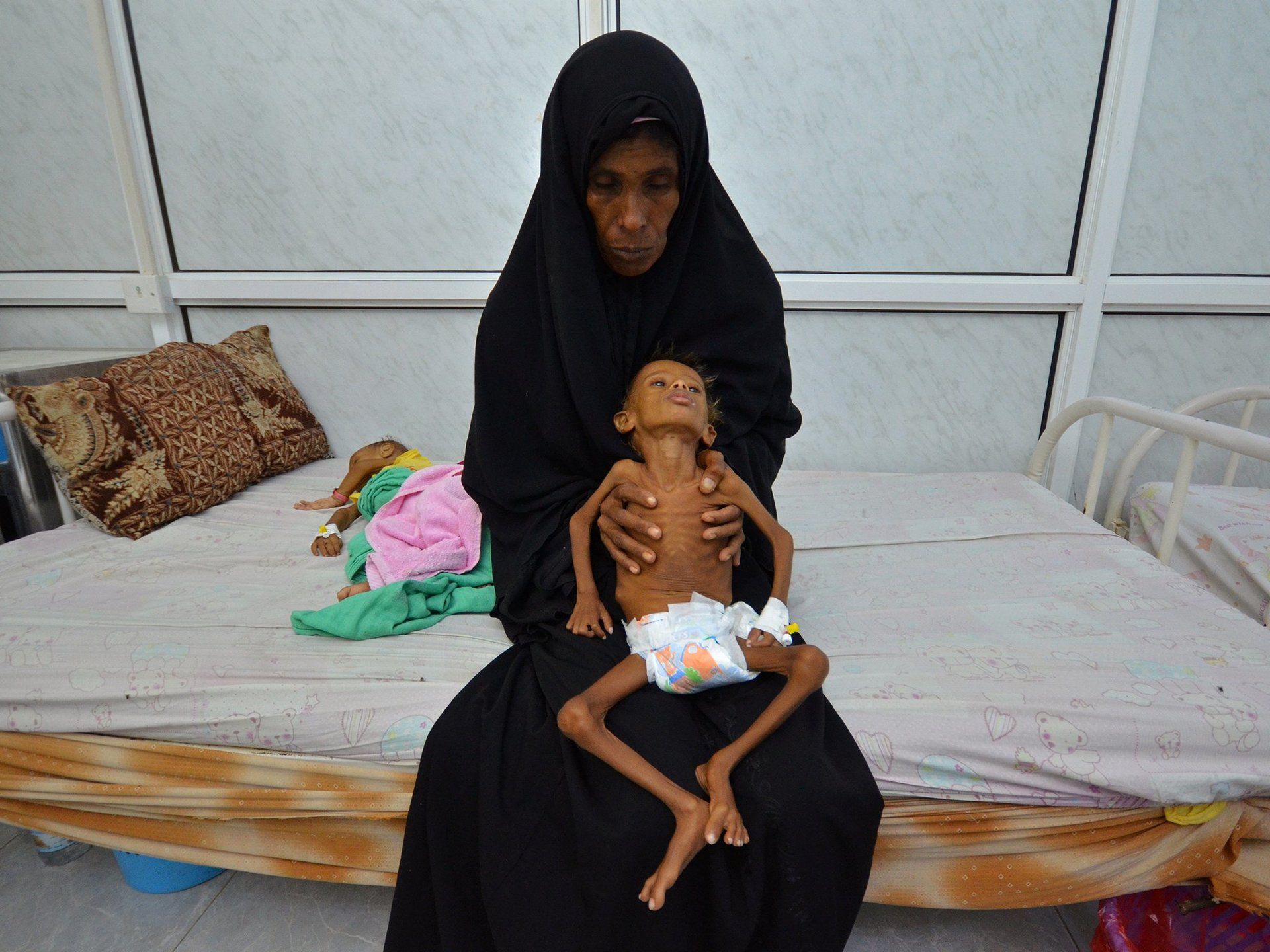
Defined by tragic measures of
hunger, malnutrition, and mortality, famine holds the potential to be a
disastrous and heart-breaking future for several nations. The citizens of
Yemen, Somalia, South Sudan, and eastern Nigeria are starving and are in
desperate need of humanitarian assistance. However, conflict in these states,
the “major cause of famine” according to the United Nations Security Council,
prevent aid from being delivered to its dying people. In a time where developed
nations are in a state of isolationism, we must remember to ask ourselves: are we
a nation that turns our backs on dying, innocent children simple for the sake
of politics?
As of 2017, Yemen is considered the greatest humanitarian crisis in the world, with 18.8 million citizens (roughly two thirds of the state’s population) requiring assistance. The lives of this many in a nation is an international cry for intervention: 7 million innocent Yemenis are in a state of food sensitivity. As a result of a 12-month, Saudi-led aerial blockade of Yemen’s main airport, the United Nations (UN) has called for the blockade’s cessation in order to allow entry of humanitarian goods through the commercial sector (c4). Unfortunately, the deaths of many innocents are not taken into consideration by attacking countries because they are more concerned by Yemen’s future power. The start of addressing Somalia’s famine must be at the root: opposing, Western nations.
Additionally, Somalia’s al-Shabab militants have exacerbated Somalia’s pathway to famine (c7). With certain regions still under their control, the group has denied and killed food aid organizations attempting to distribute humanitarian assistance. Because of several terrorist attacks, the nation’s financial resources are pulled from the fight against famine to the fight against terrorism.
Although similar to Somalia’s internal conflict, South Sudan was formally declared as a state of famine as of February 2017. Contributing to the country’s state of starvation is the 3-year long civil war between the Sudan’s People’s Liberation Army (SPLA) and SPLA in Opposition (c8). If this conflict is not addressed immediately, 270,000 blameless children face imminent death if aid does not reach them on time.
In Northeast Nigeria, the result of Boko Haram’s eight years of conflict with the state is the halting of agricultural production, and it has even been reported that, “virtually no one is planting [food for harvest]” (c9). The state of Nigeria supports the need to address internal conflict before addressing humanitarian aid. Due to the conflict, only $24m of the UN’s original $1.05bn of donations have only been sent.
The common theme between these four countries is that each possess groups which “failed to ensure unfettered and sustained access” to necessary food assistance and humanitarian aid (c5).
As a diplomatic institution, peaceful negotiations should be the priority of the United Nations to these countries in order to allow for further aid. We should keep in mind that waging war on these impoverished countries is contradicting, killing innocent civilians which we are trying to save in the first place. Though this shouldn’t limit economic sanctions, it must be taken into consideration that these nations already suffer from great economic disadvantages. For the case of the Yemen nation, for example, the external parties United States and Saudi Arabia should engage in nonviolent talks. This will hopefully result in a compromise, which would reassure the sovereignty and power of Yemen and the concerns of attacking nations on an Iranian-like nation. Following, financial and humanitarian assistance to the affected regions should be addressed by concerned member states and UN institutions (or those similar). For regions blocked for governmentally-affiliated groups, non-governmental organizations (NGOs), such as Oxfam and As Save the Children should be utilized. In the international state of selfishness and isolation, we should call upon Mahatma Gandhi,
“A nation’s culture resides in the hearts and in the soul of its people.”
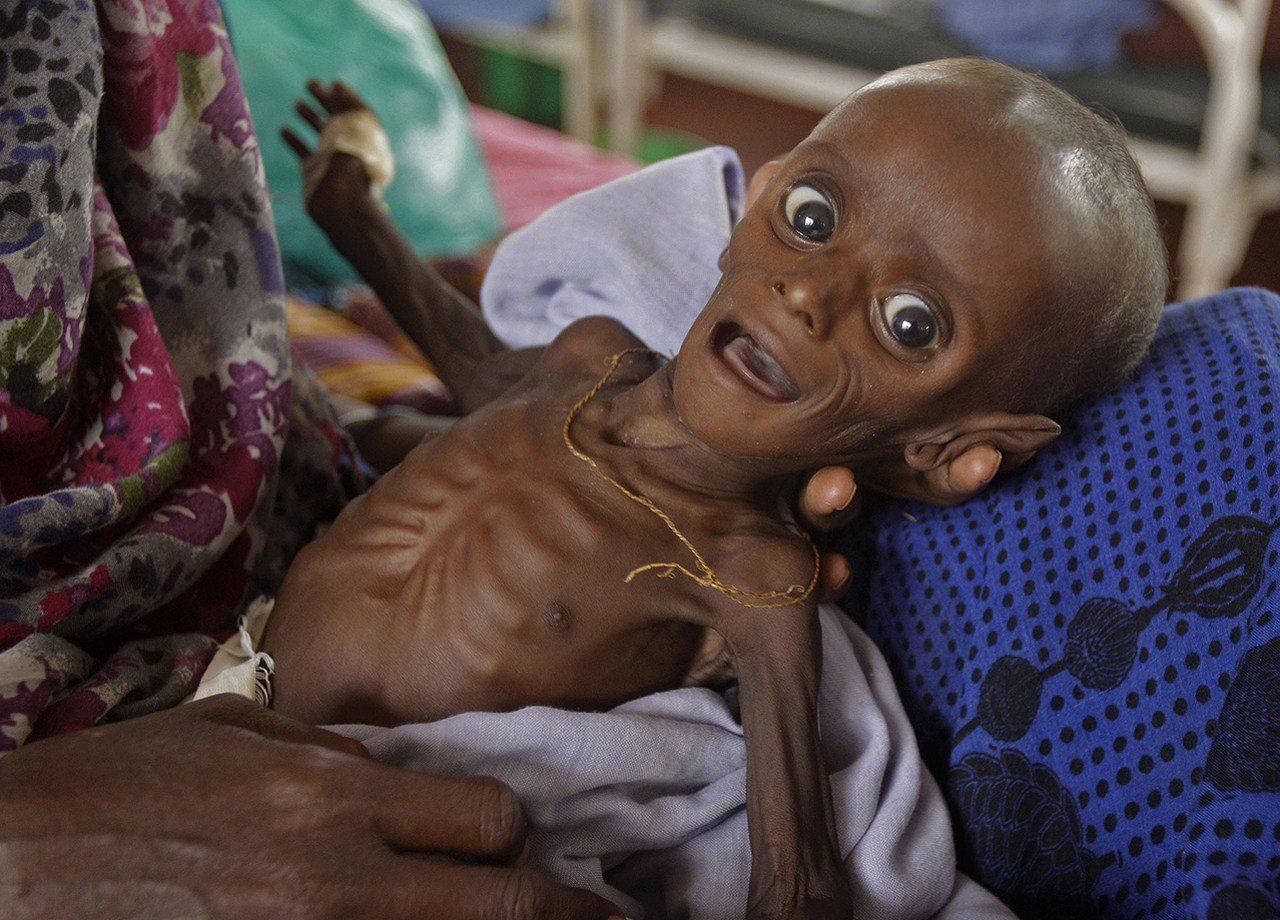
While America is preoccupied with the latest shenanigans of President Trump, as well as the terror attacks in Barcelona and the violent protests in Charlottesville (rightfully so), the common American citizen seems not to know about the extremely perilous famine taking hold in various countries of the African continent: Nigeria, South Sudan, Yemen, and Somalia.
When is food shortage considered to be a famine?
According to the Integrated Food Security Phase Integration , a famine “exists when at least 30 percent of the population in a specific area has extremely limited access to basic food.” The world has seen its fair share of famines, but famines are now occurring in the 21st century due to manmade actions such as armed conflict.
One must think about the experiences a victim of the famine goes through in order to fully comprehend the lack of humanity. The malnourished person loses up to 18% of their body fat , and eventually starts to suffer biologically, as they begin to experience organ failure and must undergo tube feeding because their bodies simply cannot process normal food once more. The victim dies within weeks, and the long-term consequences exhibit just the reason why this famine must become a global issue.
As the children of these four countries experience these famines almost like a cycle, a lack of food could lead to stunted growth both mentally and physically. This equates to a lowered workforce and, more concerning, psychologically-damaged children. The economic development these countries fought so hard for will be reversed as their youngest generation, the one that can possibly continue the fight for their parents, will be wiped out.
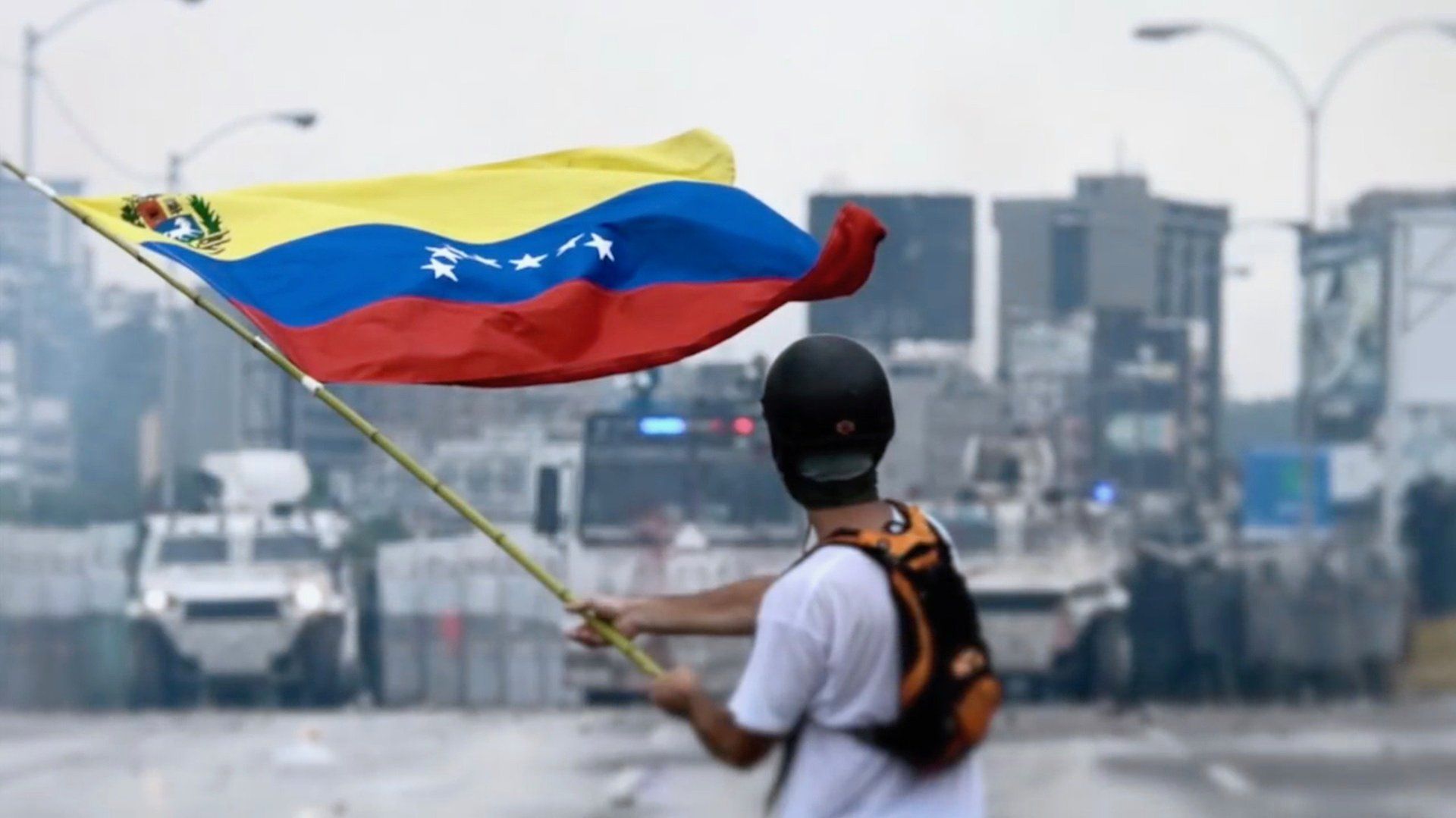
The crisis began March 5, 2013.
This was the day when Hugo Chávez, Venezuela’s president from 1999 until 2013, died. With Chavez gone, his death led to the rise of Nicolás Maduro, Venezuela’s current president.
Venezuelans have encountered a turbulent year filled with lack of employment, empty shelves in grocery stores, and incessant anti-Maduro protests which have already killed 111 protestors as of July 27, 2017.
After Chavez died, Venezuela was thrust into a socioeconomic crisis due to Chavez’s policies and Maduro’s continuation of them, since he was Chavez’s right hand man and his heir, as well as his secretary of state. Maduro has kept his presidency alive by remembering Chavez as, what we would call, a god, transforming his burial site into a shrine for the Venezuelan people to worship and pray on.
Venezuela is currently suffering from human rights violations in the form of its government restricting freedom of speech -- suppressing protests led by the opposition -- and more importantly, controlling the freedom of the press. Human Rights Watch recently said that during “the leadership of President Chávez and now President Maduro, the accumulation of power in the executive branch and the erosion of human rights guarantees have enabled the government to intimidate, censor, and prosecute its critics.”
This is all blatantly unconstitutional, as Article 57 of the Constitution of Venezuela states that “Everyone has the right to freely express his or her thoughts, ideas or opinions orally, in writing or by any other form of expression, and to use for such purpose any means of communication and diffusion, and no censorship shall be established,” which brings us to the recent events happening in Venezuela.
On March 29, 2017, the 2017 Venezuelan Constitutional Crisis began, when the Supreme Tribunal of Justice (like our Supreme Court), mainly Maduro supporters, took over the powers of the National Assembly (comparable to our Congress) which is currently controlled by the party opposed to Maduro’s regime. Moreover, President Maduro, now practically in control of the judicial branch of the Venezuelan government, declared that he would be calling a Constitutional Assembly into order, which would draft a novel constitution to make void of the 1999 constitution, the third constitution created in modern times in Venezuela.
Creating a new constitution would make Maduro president during an “interregnum,” or a gap in government, and would make the 2018 elections void , as writing a constitution would require a minimum of two years. In essence, by declaring a change in government, President Maduro has created a dictatorship where there was once a democracy among the Venezuelan people.
So where does the United States fit in all of this?
The United States government, under former Deputy Spokesperson for the Department of State Mark Toner, expressed their concern and disapproval of Maduro’s actions and stated that it was “a serious setback for democracy.” Senator Marco Rubio, one of the only Latinos in the Senate, made his opinion clear in a tweet , stating, “Venezuela now officially a dictatorship after Supreme Court assumes powers of opposition-controlled congress.”
On a worldwide stage, the United Nations proclaimed that “ the separation of powers is essential for democracy to function, and keeping democratic spaces open is essential to ensure human rights are protected.” Granted, the Tribunal reversed its decision three days later, but this still did not prevent the bloody protests that flooded the streets days after the initial decision was made.
In a more recent blow to human rights in Venezuela, President Maduro banned all protests from Friday, July 28, 2017 until past this weekend, into Tuesday. The upcoming vote July 30th, 2017 would be to decide the 364 members in the constitutional assembly that would create a new constitution and would give President Nicolás Maduro more unlimited powers. Interior and justice minister Néstor Reverol prohibited “all public meetings and demonstrations, gatherings and other similar acts that might disturb the electoral process,” and stated that such demonstrations would risk prison sentences of up to 5 to 10 years.
The United States, under the Trump administration, has imposed sanctions to Venezuelan officials, and, in the words of U.S. State Department Spokeswoman Heather Nauert , “We are prepared to continue taking strong and swift economic actions if the government of Venezuela insists on holding those July 30 constituent assembly elections… We have asked them not to do it.”
